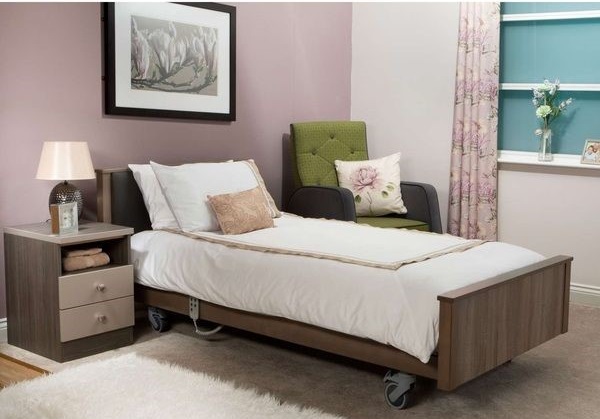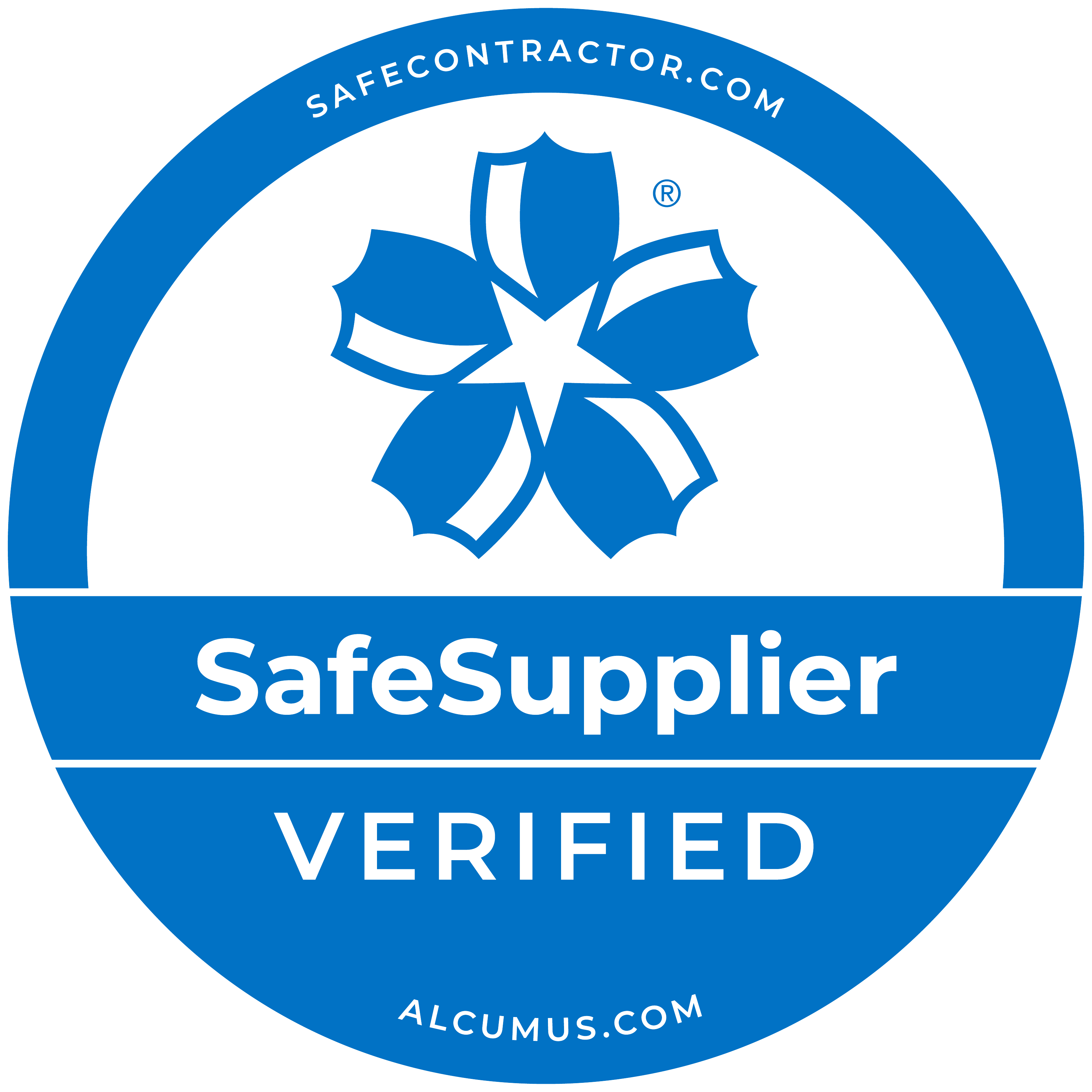
Key Steps for Compassionate Working in a Care Home If you work — or want to work — in a healthcare and medical environment, then the chances are that you’re going to find it an extremely rewarding working environment. Knowing that you’re making a positive difference in the lives of others during a difficult time can mean a very fulfilling career option.
Nevertheless, this doesn’t mean that working within a healthcare setting doesn’t come with its challenges. Especially within a care home setting, working routines require a strong heart and mind, a compassionate understanding, and certain tasks to be fulfilled to ensure an excellent level of care. Here are some key steps for achieving that.
Understand That Everyone is Different
All residents of a care home are people with their own personalities. Even if their conditions or medical problems are the same as many other residents, they should still be treated on an individual basis. Working in a care home and improving your empathy and compassionate understanding means understanding the individuals on a personal level, and being able to connect with them as individuals whilst providing that necessary healthcare service.
Always Be Willing to Learn
Whether it’s learning more about the residents, more about the job role itself, or more about new equipment, always be willing to understand and learn more as you go along. Successful care home operation means staying open-minded about new opportunities and ways of doing things to ensure the best level of care for everyone involved.
No matter whether you’re just starting out with your care home role or if you have been working within the care industry for decades, understanding that you don’t always know everything (and being willing to learn more when necessary) will be key for compassionate progression.



Always Install the Right Equipment
If you’re working within a care home and you’re in charge of arranging relevant supplies and equipment, then you need to make sure that you have everything you need for the quality of care patients deserve and expect. The right care home supplies mean a safe and compassionate working environment for both employees and the residents being cared for. It’s also important to always get your supplies from a dependable company.
Key equipment items include moving and handling equipment, sanitary equipment, and personal care must-haves to make sure that residents are always comfortable, as well as confident that you can safely work with them and any necessary equipment.
Be Kind to Yourself
Working in a care environment means putting a heavy focus on caring for those around you and those residents you’re responsible for. Nevertheless, this shouldn’t come at the cost of being kind to yourself, too. Working within a healthcare environment with vulnerable people can be highly pressurised. You may give yourself a hard time if you make a mistake (such as with using equipment and supplies) or if you react badly to a difficult situation.
What matters is that you understand you can still be a compassionate and caring person while making mistakes or struggling through pressure.
Some options which may help improve difficult circumstances include:
- Speaking with a superior. If you need clarification or would like to talk anything out, this can help.
- Asking for extra training. If you don’t feel confident using new equipment and supplies, or would like to learn more, it’s always a good idea to ask for extra training if you feel like you need it. This can benefit both your own confidence levels and the wellbeing of those residents you are caring for.
- Take some time off. There’s no harm in taking a break when you need it, especially from a high-pressured healthcare environment where you are responsible for the wellbeing of others. If you feel as though your own wellbeing is being compromised, it’s always encouraged to take time off when you need it.
Be Flexible Regarding Your Attitude to Shifts
In a care environment, many things can happen unexpectedly, whether it’s with the resident you’re caring for or the equipment you are using. As expected in a healthcare environment, shifts do not always end on time or be as straightforward as you might expect.
To allow for more positivity and motivation when it comes to shift work and the hours you are working, try to relax more about your shift pattern and the hours you work. Expect that things can go wrong and that this may mean your finishing time changes, but to ensure an excellent level of care, remain calm and understanding in any difficult situation or those situations which may change completely.



















